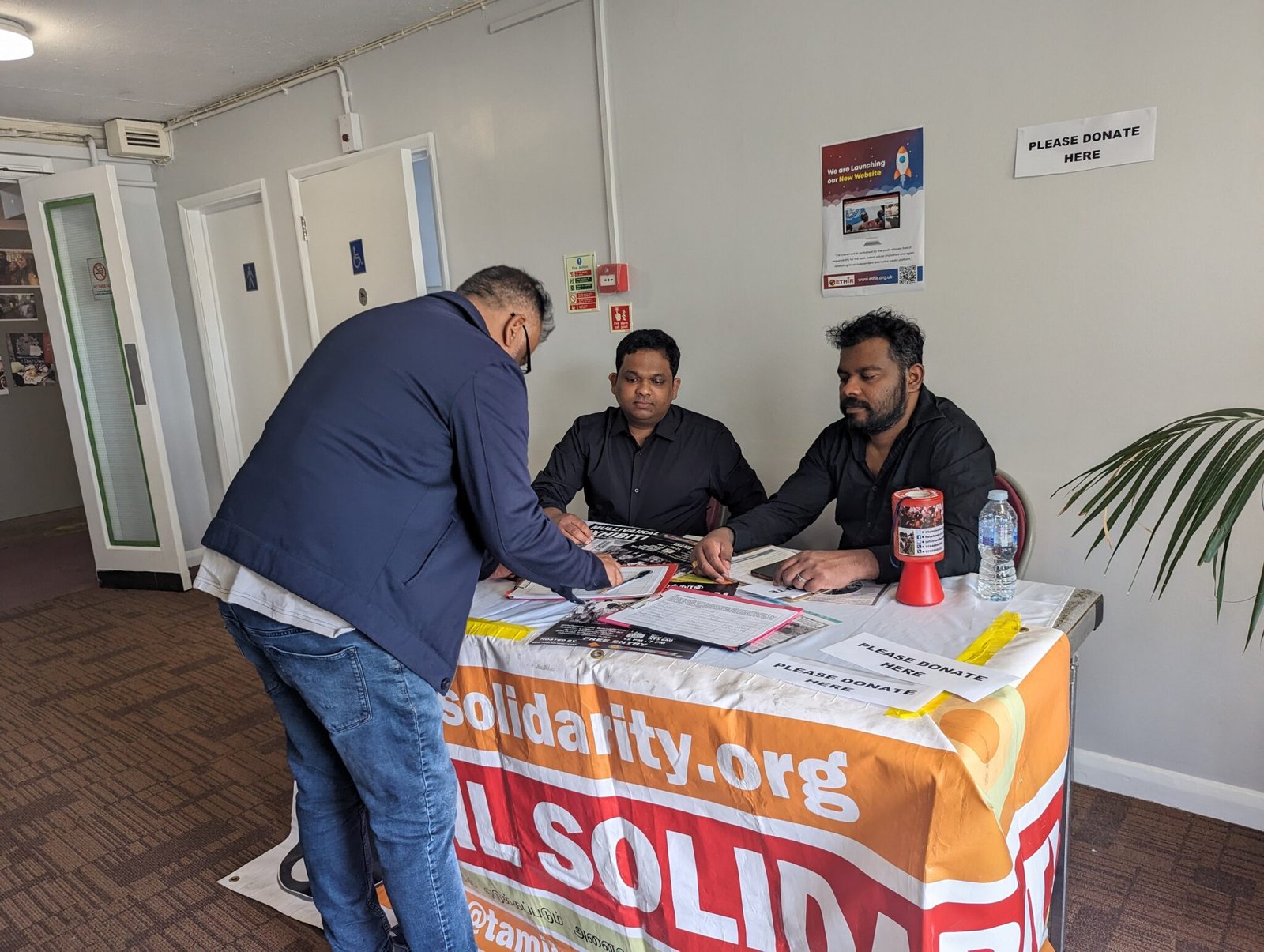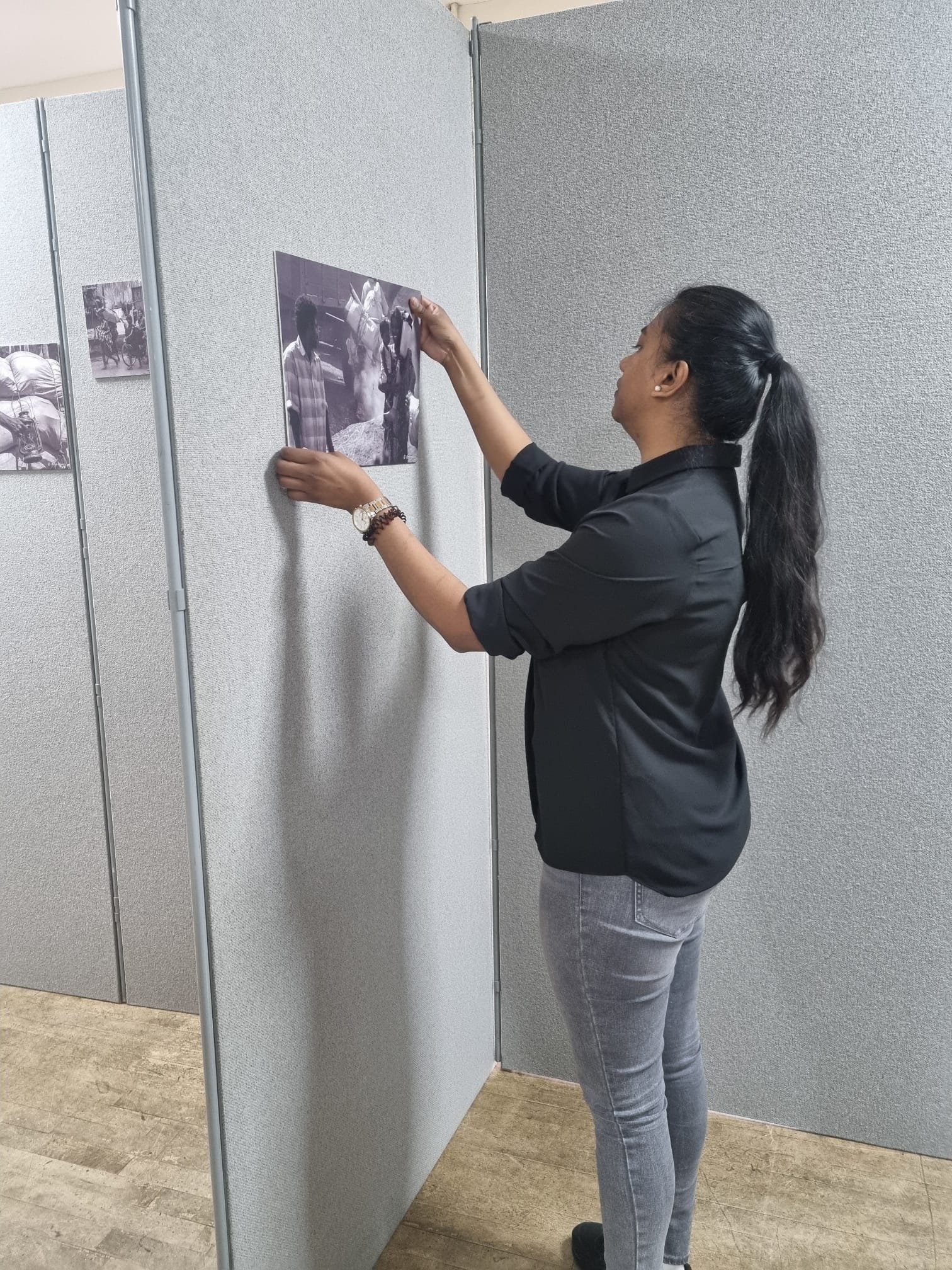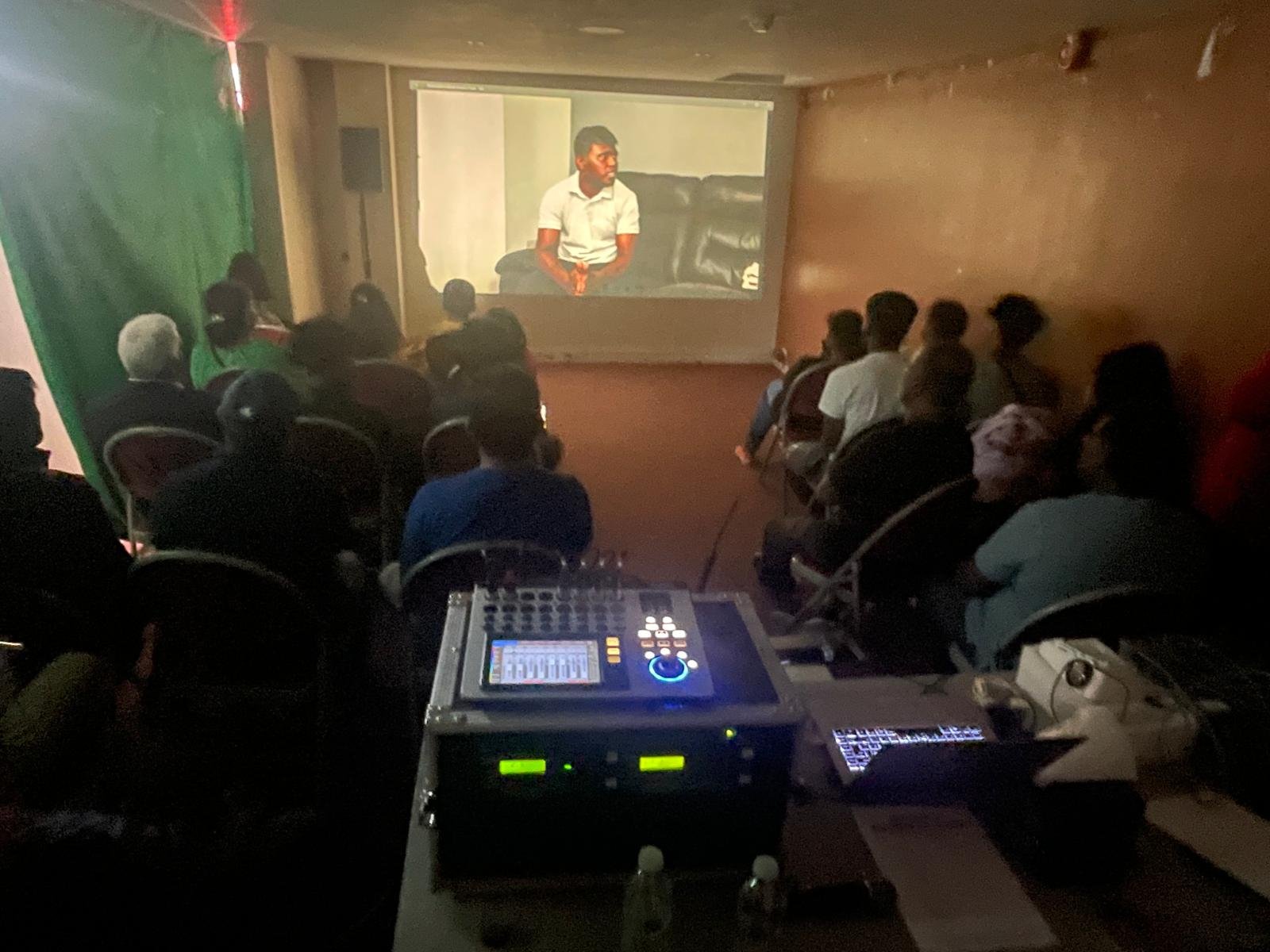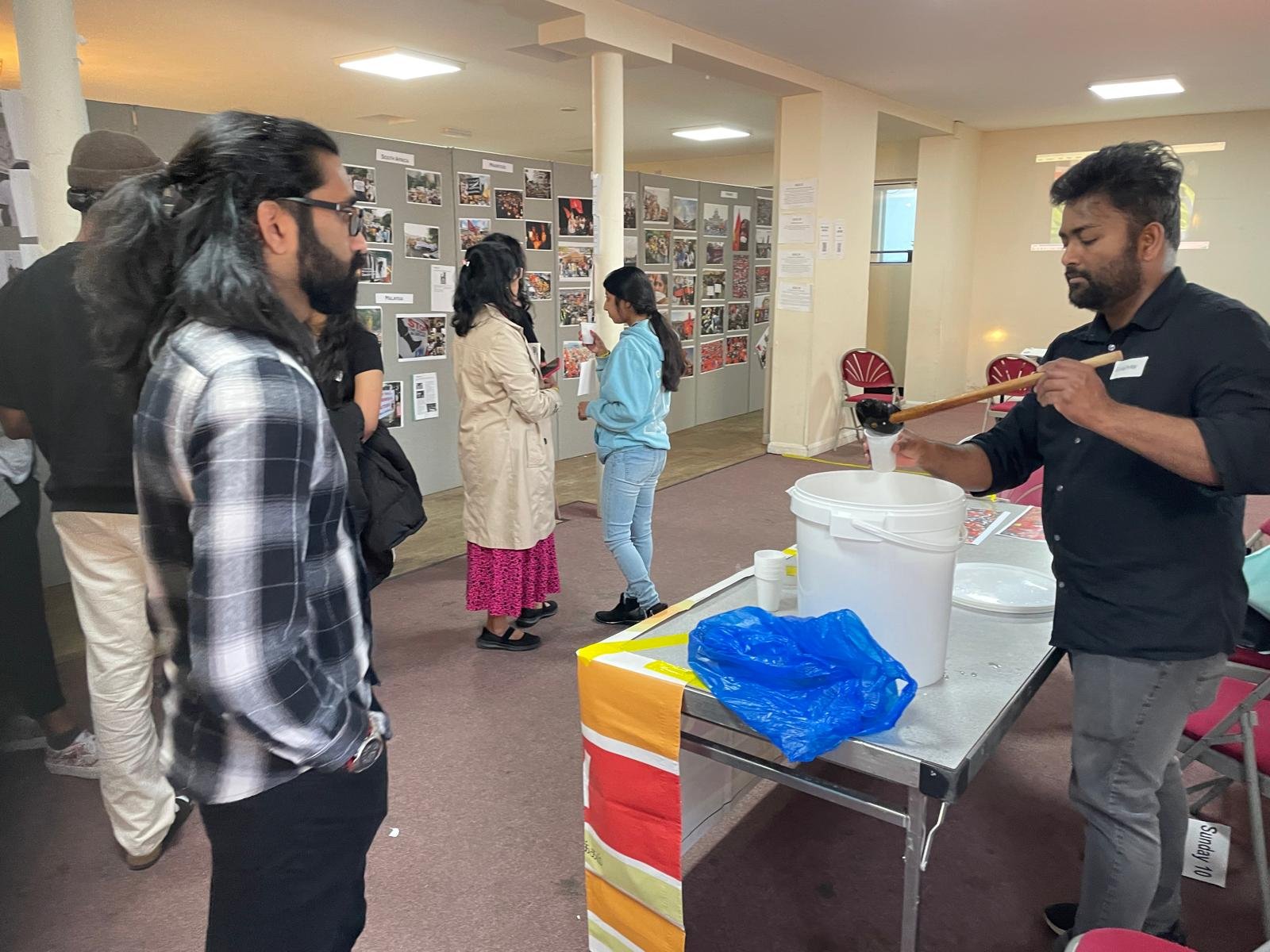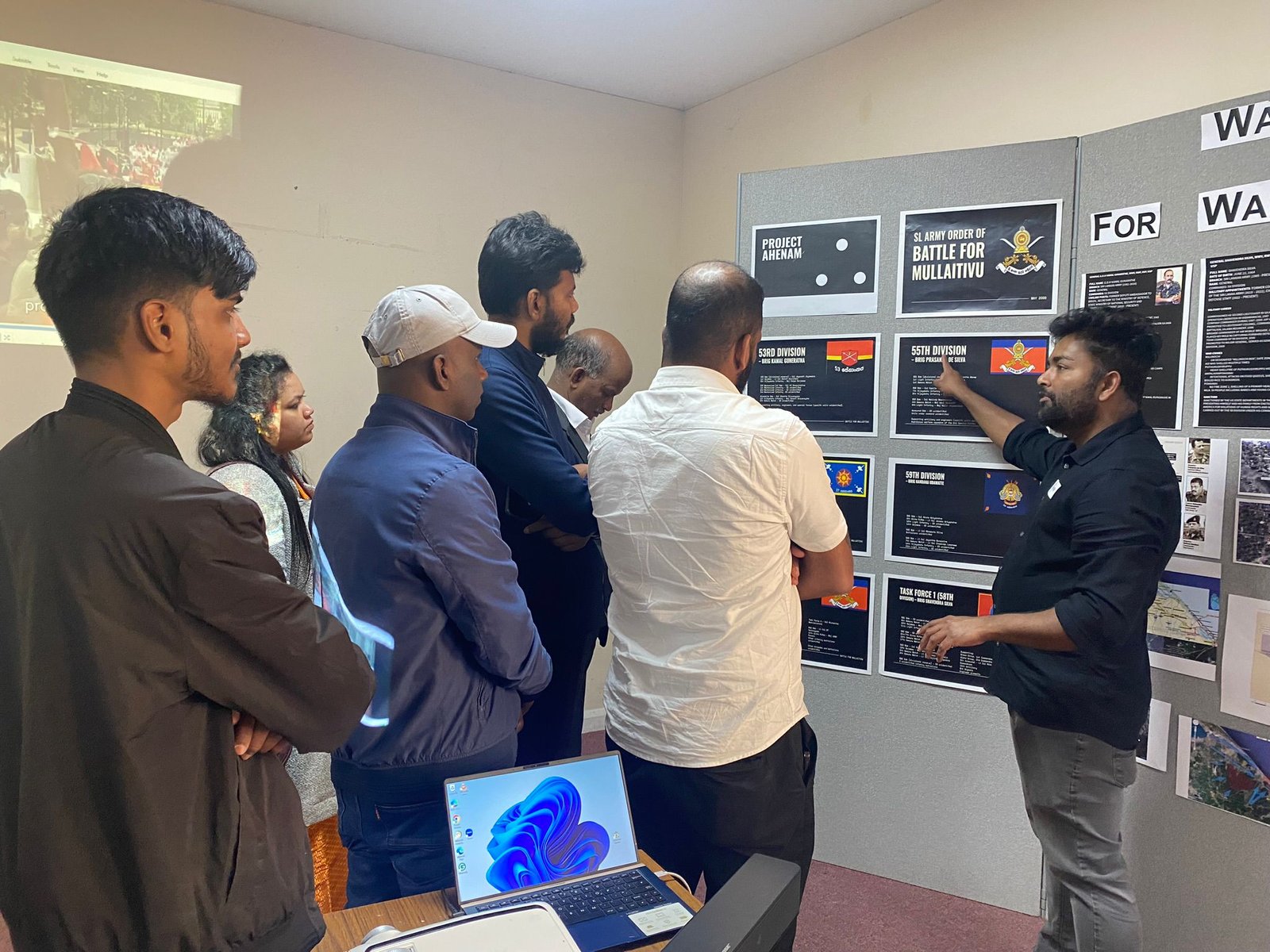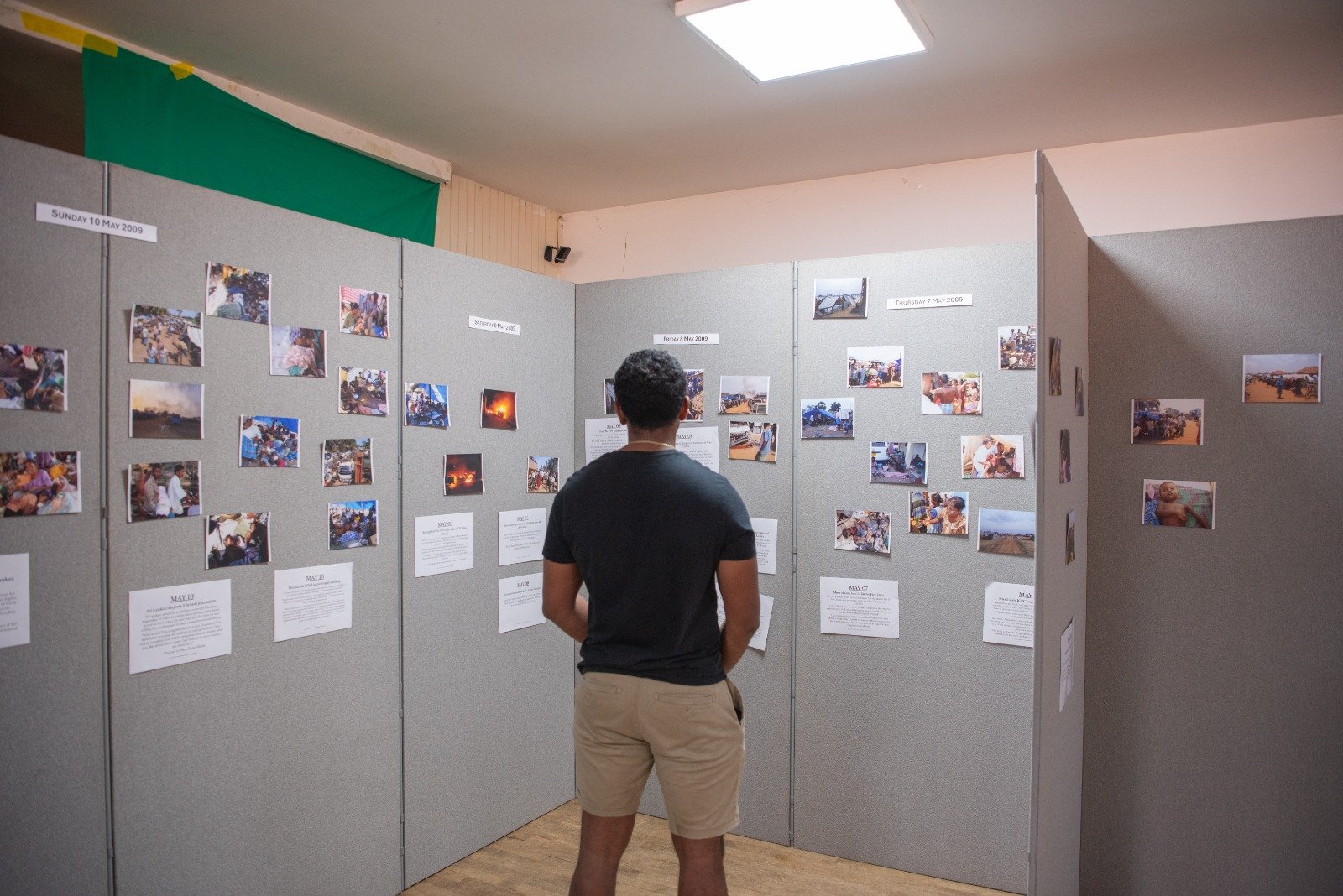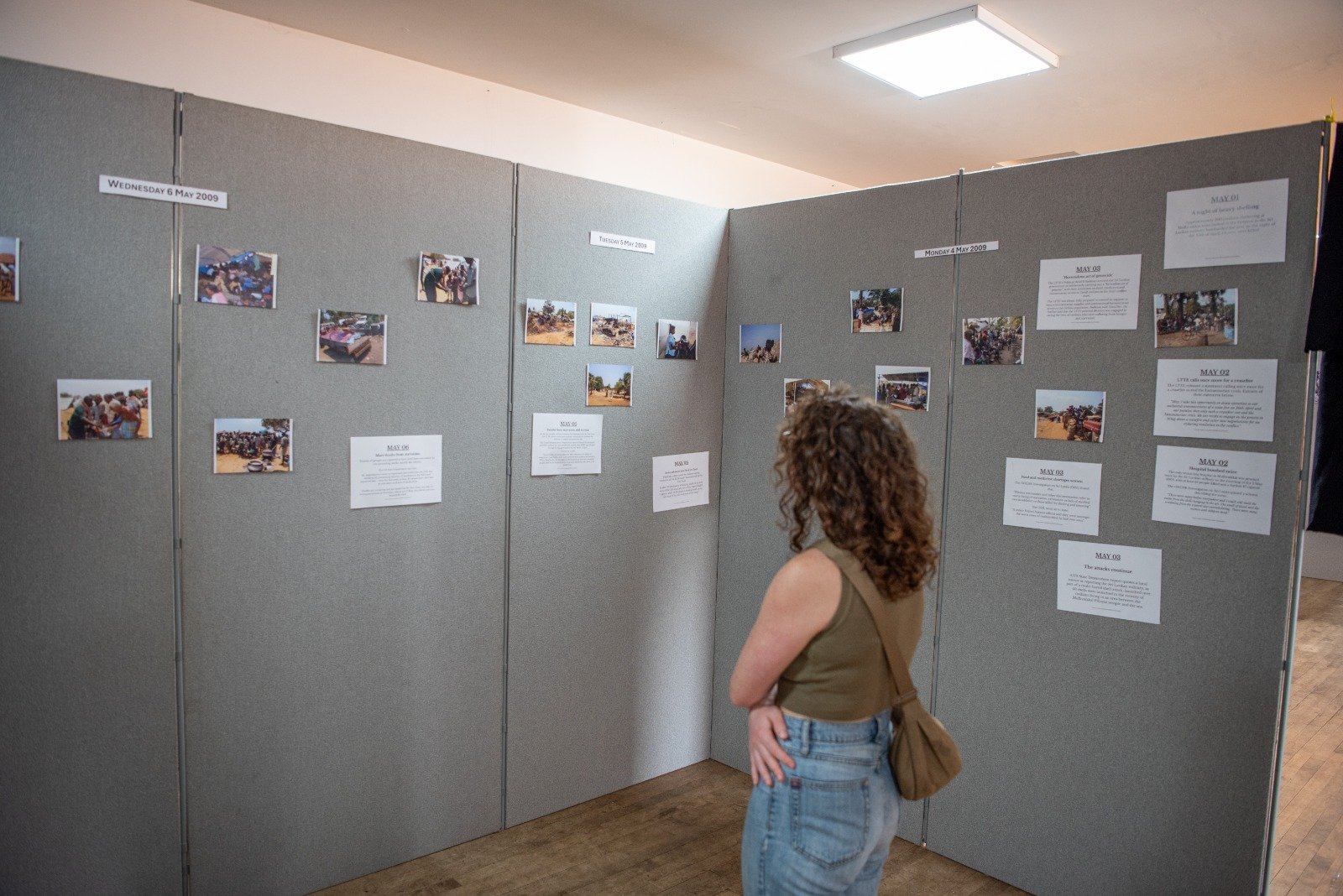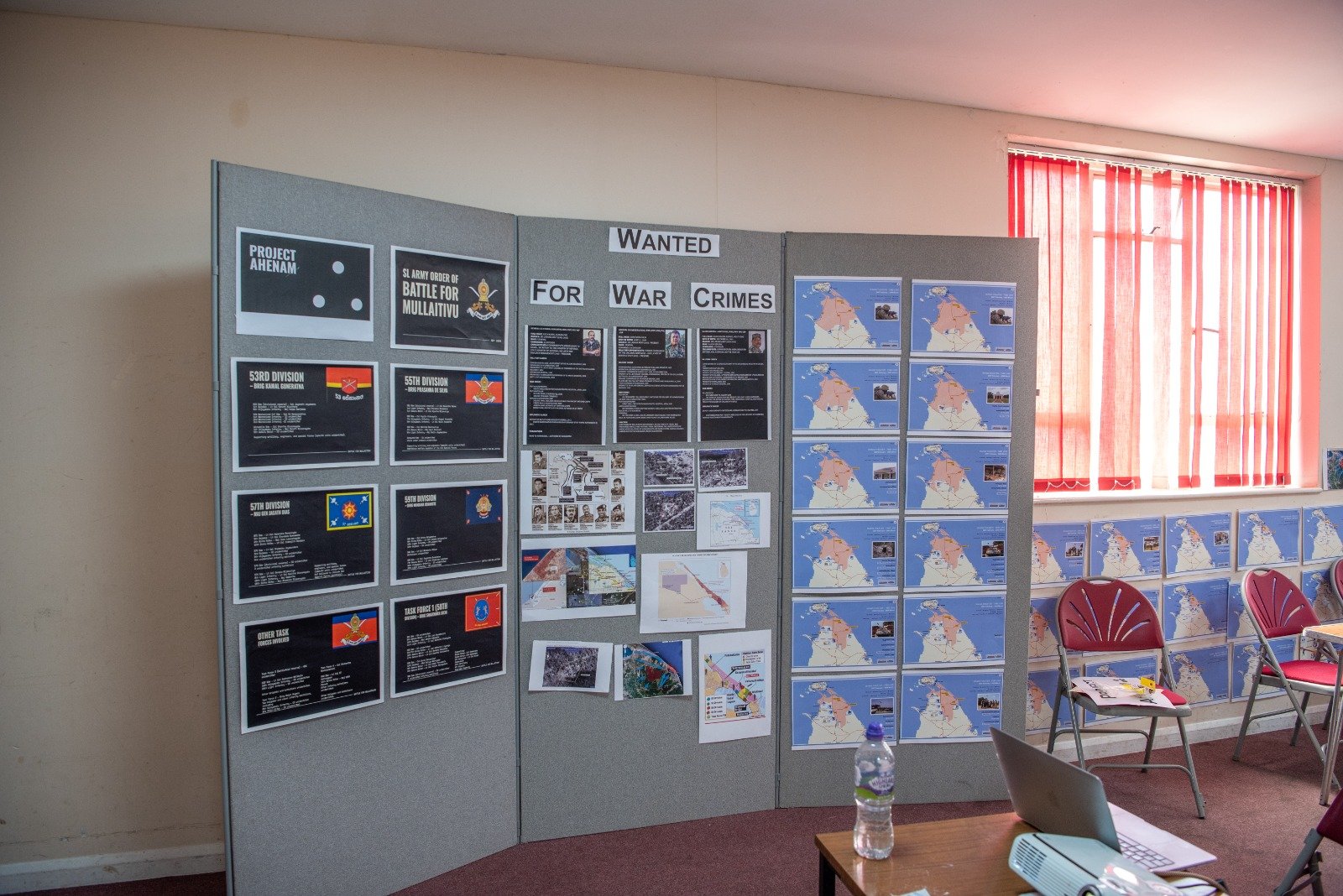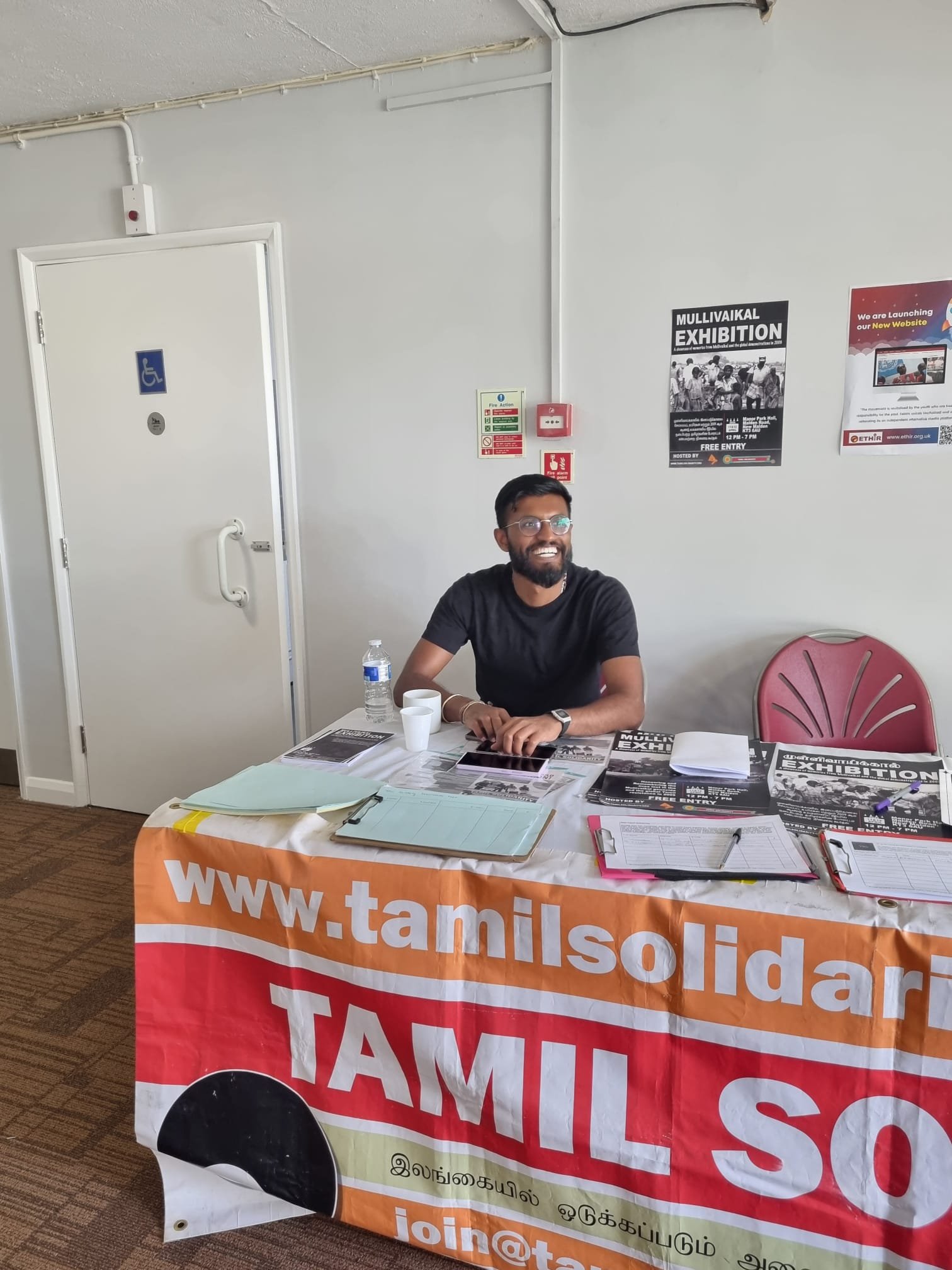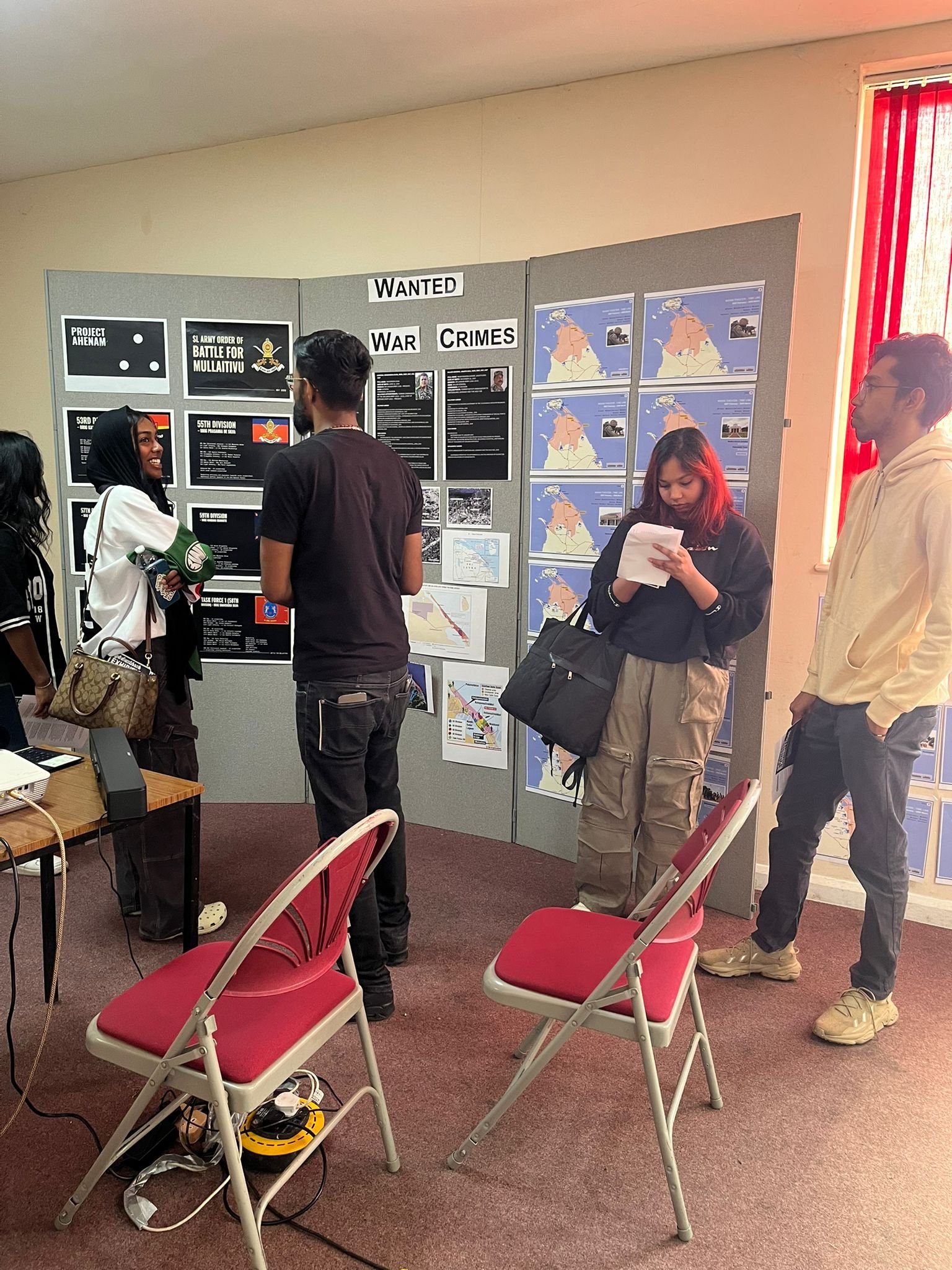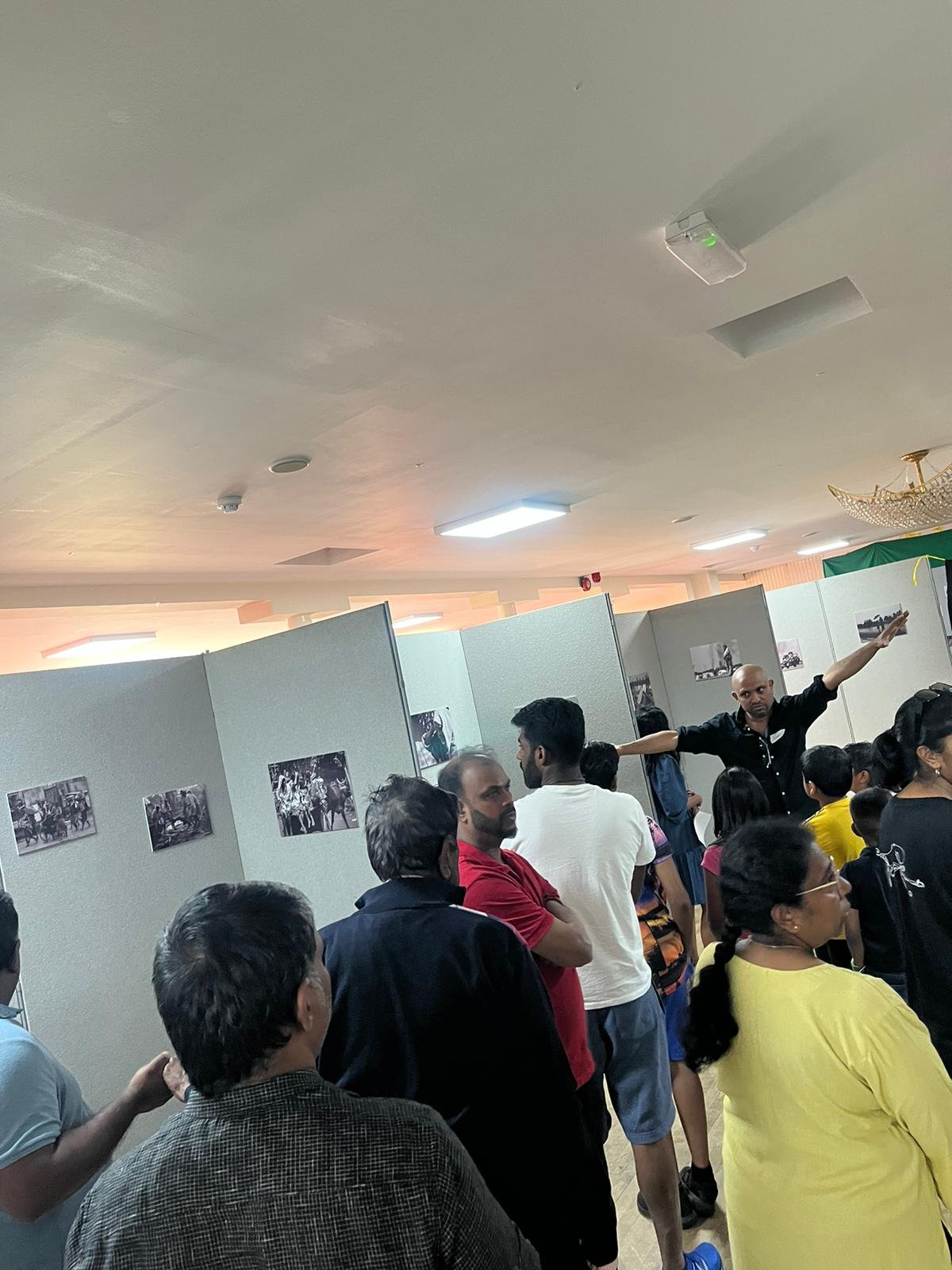
Memories of the horror of Mullivaikal remain vivid in the minds of tens of thousands of Tamil-speaking people. Tamil society in parts of the north and east is still not fully recovered from the war’s horror, evident in various aspects of daily life. Fifteen years have passed since the genocidal slaughter that occurred in Mullivaikal in 2009, yet not a single war criminal has been punished, and justice remains elusive for the victims. Mothers continue to protest against the disappearance of their loved ones, and many political prisoners are still held in Sri Lankan prisons. The Sri Lankan government even prohibits the remembrance of those lost in the war and suppresses any history of struggle or massacre.
However, this has not deterred the new generation of Tamils—those who are young or were born after the Mullivaikal massacre—from seeking truth and fighting for justice. This generation bears the scars of war as they grow up in its aftermath. Their refusal to accept the Sri Lankan government’s propaganda finds manifold expressions. Various forms of art and literature emerging from this new generation often engage with or reflect upon the past horrors. Young activists who identify themselves as Young Revolutionaries in Solidarity (YRS) organized an exhibition that brought together members of this new generation.
The exhibition, curated by Saarangan and organized by Rithika, and R from YRS, held on May 11th and 12th—marking a week of Mullivaikal remembrance—was a unique event. It featured photographs by photojournalist Amaradas, offering unique glimpses into the horror of Mullivaikal, alongside an elaborate narrative showcasing global protests in response. A new documentary was also premiered at the event. Photographer Sabesan presented his perspective on the events, showing how the war was a daily reality, especially for the diaspora, and not a distant affair. Artwork critiquing how history is tought and the hypocrisy of silencing mass killing histories was exhibited, along with another documentary highlighting protest movements. The documentary “No Fire Zone” was also made available for viewing during the exhibition.
Among the 300 attendees who visited the exhibition over those two days were individuals who had lived in war-torn areas in 2009 and participants in protests in Britain. Many young visitors greatly appreciated the exhibition as it provided them with a visual account of what had transpired. Despite the difficulty of the “No Fire Zone” section, which depicted the horrors of the war’s final phase, many attendees persevered through it to witness and experience the events firsthand. A Tamil family also provided Kanji—a rice-based liquid that people were compelled to consume during the war’s last stages when no other food was available—to all attendees. This act has become a tradition among Tamils in Sri Lanka and the diaspora, serving as a way to commemorate the suffering endured by many. On May 12th, Sri Lankan police forcefully intervened to stop the distribution of Mullivaikal Kanji in Sampur, Eastern Sri Lanka, arresting the involved youths who remain in detention. Subsequently, a court in the East issued an order prohibiting the distribution of Kanji in numerous parts of the North and East. This suppression of memory and history underscores the ongoing denial of justice and the basic right to remember and accurately record history by the Sri Lankan government. They continue to promote the month as a “victory month” and propagate the narrative that the war against Tamils was a counter-terrorism effort and a “rescue operation.”
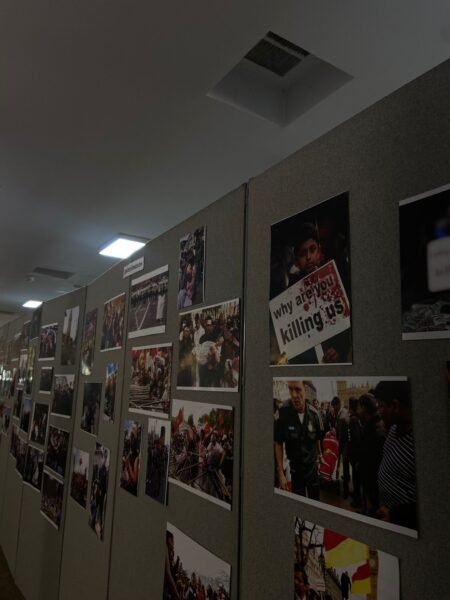
In defiance of this narrative, the new generation of youth is mobilizing to expose this hypocrisy and ongoing repression. The exhibition also included the exhibits of Project Ahenam—a new initiative led by youth targeting known war criminals who remain in the Sri Lankan military and government.
Tamil Solidarity played a supporting role in this exhibition, with all organizers expressing a strong desire to continue this work annually. Their goal is to bring together a new generation of activists, artists, and diverse expressions to honor the deceased and, importantly, to build the fight for the living. The success of this event was made possible through the generous support of key activists, and Tamil Solidarity and YRS extend their gratitude for this assistance. It is crucial that such support continues to sustain this vital project.
